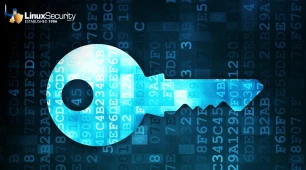1 - 2 min read
Jun 19, 2001
With the rapid increase in security breaches leaving law enforcement struggling to keep up, some organizations are taking the law into their own hands and punishing hackers themselves. Striking back at hackers with, for example, denial of service attacks is a . . .
With the rapid increase in security breaches leaving law enforcement struggling to keep up, some organizations are taking the law into their own hands and punishing hackers themselves. Striking back at hackers with, for example, denial of service attacks is a sensitive subject, since doing so is illegal in most countries. However, security experts say the U.S. Department of Defense has used these methods. In addition, private companies use special firewalls and other counteroffensive software that can be set to automatically strike back at hackers, according to U.K. Internet security consultant and ex-hacker Mathew Bevan, among others.
Hack attacks are clearly on the increase, and so are companies that specialize in tracking down the hackers. "There's a spectrum of things that we do," said Bob Ayers, U.K. vice president of Para-Protect Ltd., headquartered in the U.S. The company uses an intrusion detection device with which it keeps tabs on a customer's IT system. Ayers, a former U.S. military intelligence officer, described some of the actions companies can take when they discover an intrusion: "Disabling an account. Terminating the network link. We can go to the ISP and ask them to step in and take action."
The link for this article located at IDG is no longer available.
















